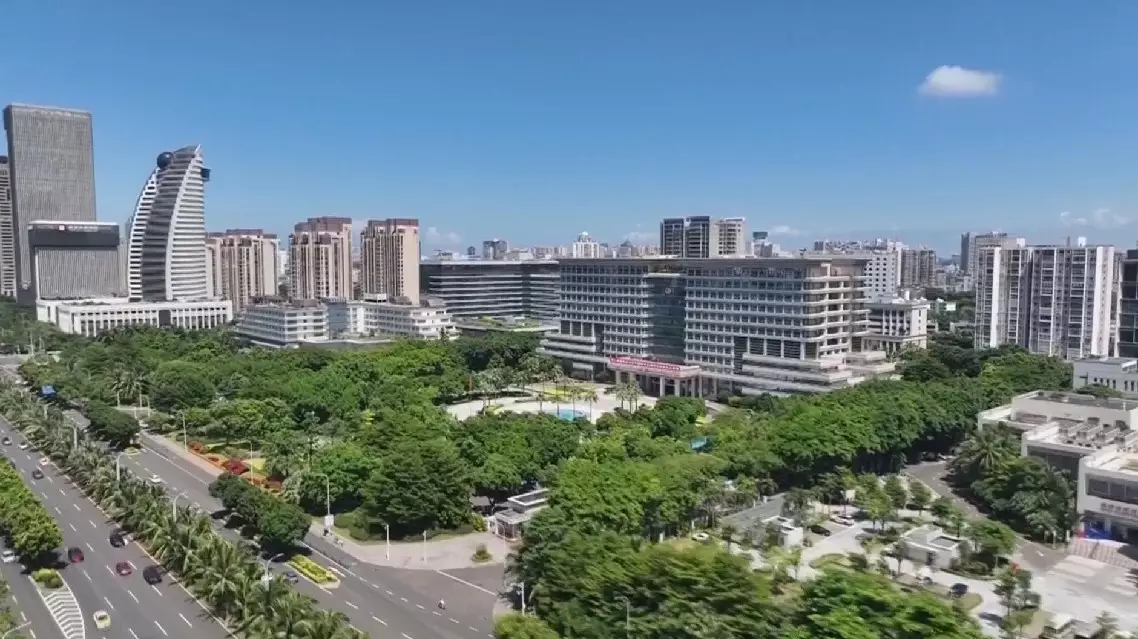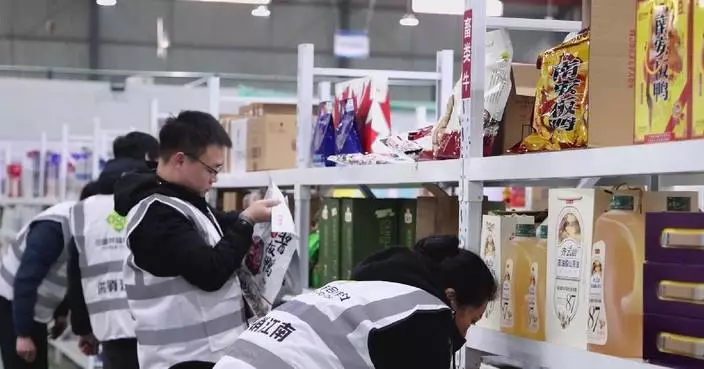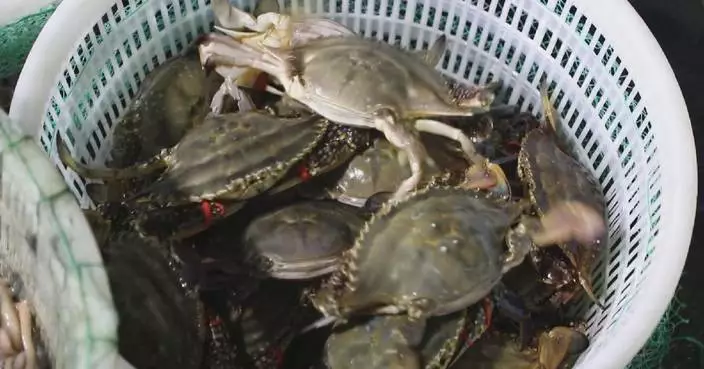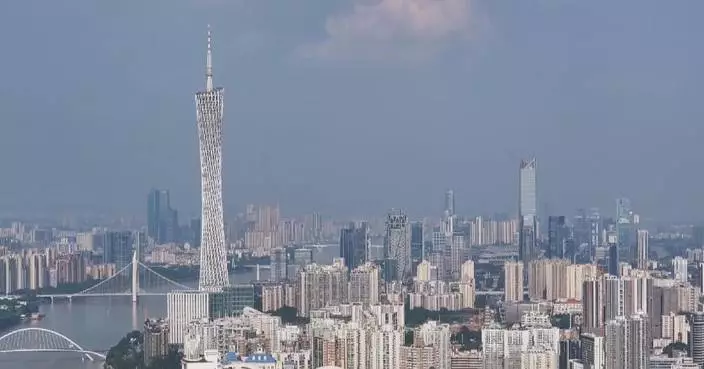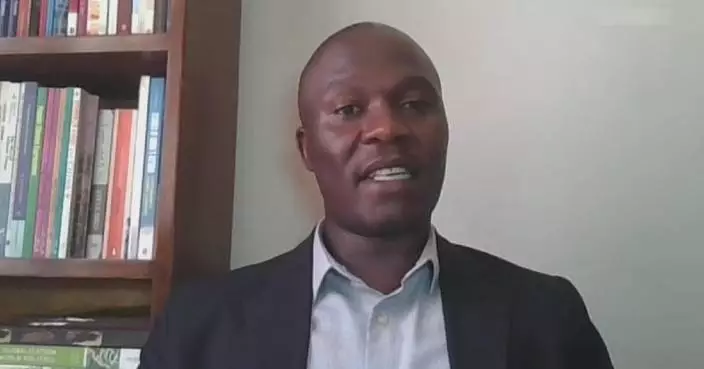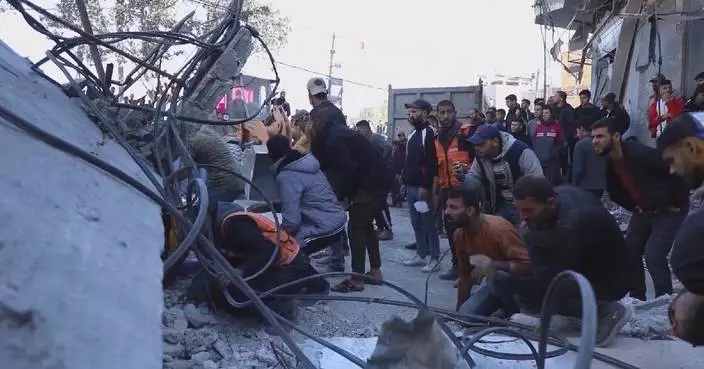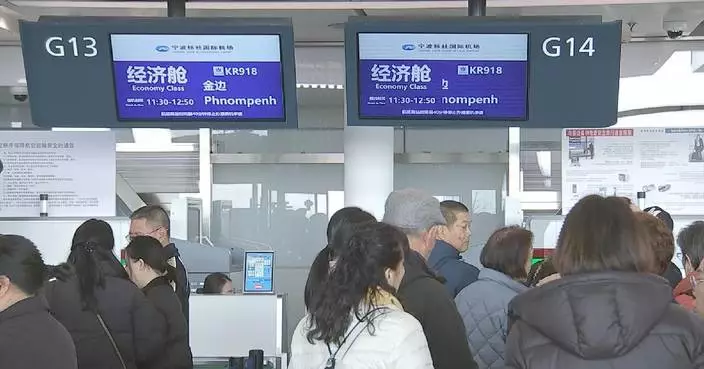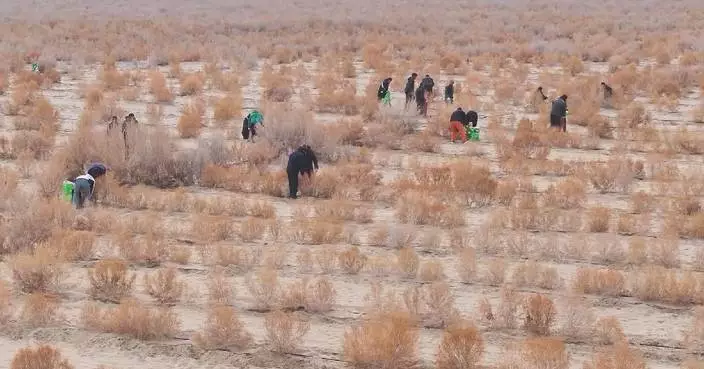Participants at a sub-forum of the ongoing 7th Hongqiao International Economic Forum on Wednesday engaged in in-depth discussions on the future development of new energy vehicles (NEVs) and how intelligent connected NEVs will lead to changes in the transportation ecosystem.
As an important part of the 7th China International Import Expo (CIIE), the Hongqiao International Economic Forum is taking place in Shanghai in tandem with the expo from Nov. 5 to 10, attracting more than 260 distinguished guests from political, business and academic circles.
Under the theme of "High-Standard Opening up for Universally Beneficial and Inclusive Economic Globalization," the forum features a main forum and 19 sub-forums under "1 plus 4" sections, which are the Press Release and International Symposium on World Openness Report 2024 and parallel sessions under Opening-up for Development, Opening-up for Cooperation, Opening-up for Innovation and Opening-up for Sharing.
At the sub-forum titled "the future of global new energy vehicles", an official from China's Ministry of Industry and Information Technology (MIIT) said that China will draft guidelines for the battery-swapping model for NEVs, and explore policies and measures to accelerate the electrification of commercial vehicles with the goal to promote market expansion of NEVs and encourage high-quality enterprises in this field to merge and reorganize, so that they will grow stronger and the industry concentration will increase.
From January to September this year, China's total NEV sales reached 8.32 million units, up 32.5 percent year on year, accounting for 38.6 percent of total new car sales, an 8.8 percentage points increase compared to the same period of last year. At the sub-forum, experts and industry representatives focused on the intelligent development of NEVs, discussing how countries and regions such as China, the United States, Europe, and Japan are accelerating the exploration of connected vehicle applications, and promoting the deep integration of cars, road systems and urban infrastructure.
Currently, more than 50 cities in China are conducting road tests and demonstrations for intelligent connected vehicles. There are altogether some 32,000 kilometers of roads open for tests of intelligent connected vehicles and approximately 10,000 kilometers of roads that have undergone intelligent upgrades.
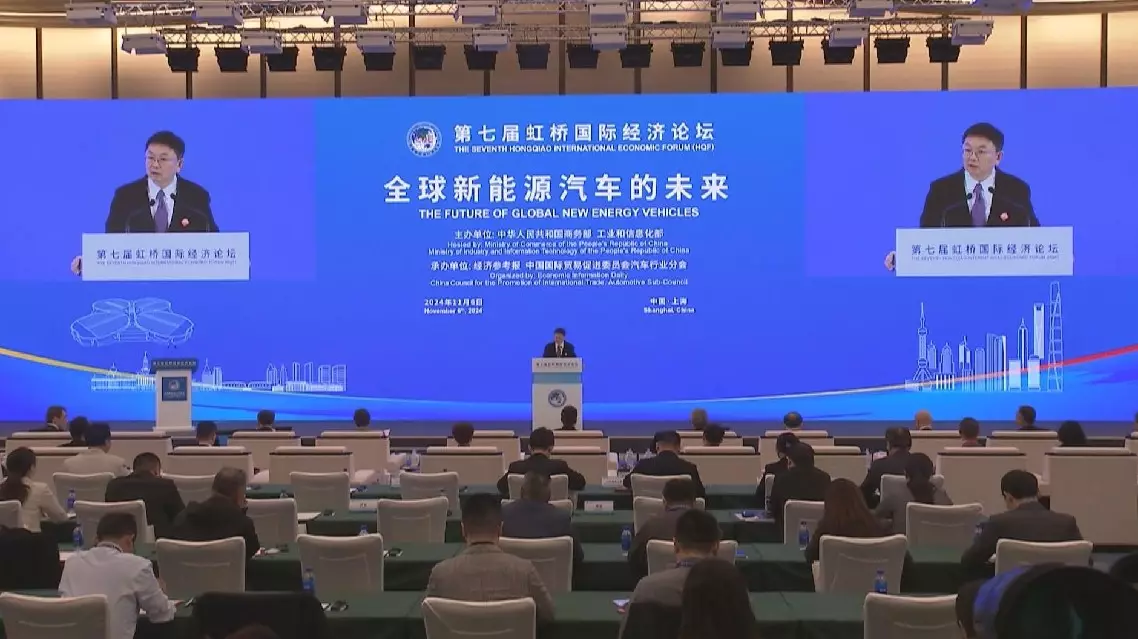
Sub-forum of Hongqiao Int'l Economic Forum discusses prospect of intelligent connected new energy vehicles


